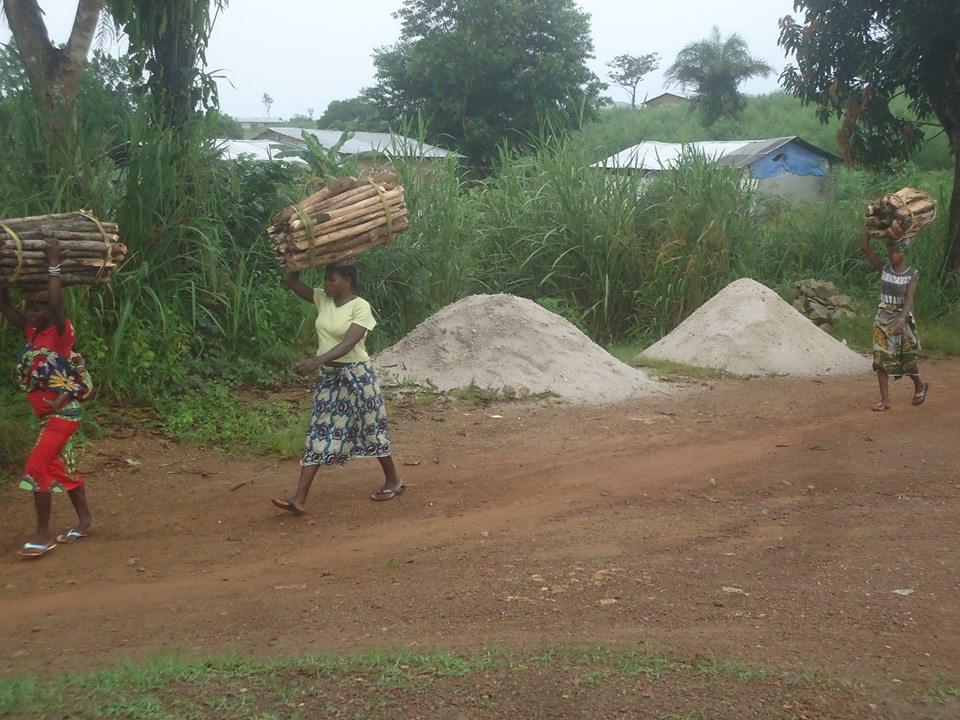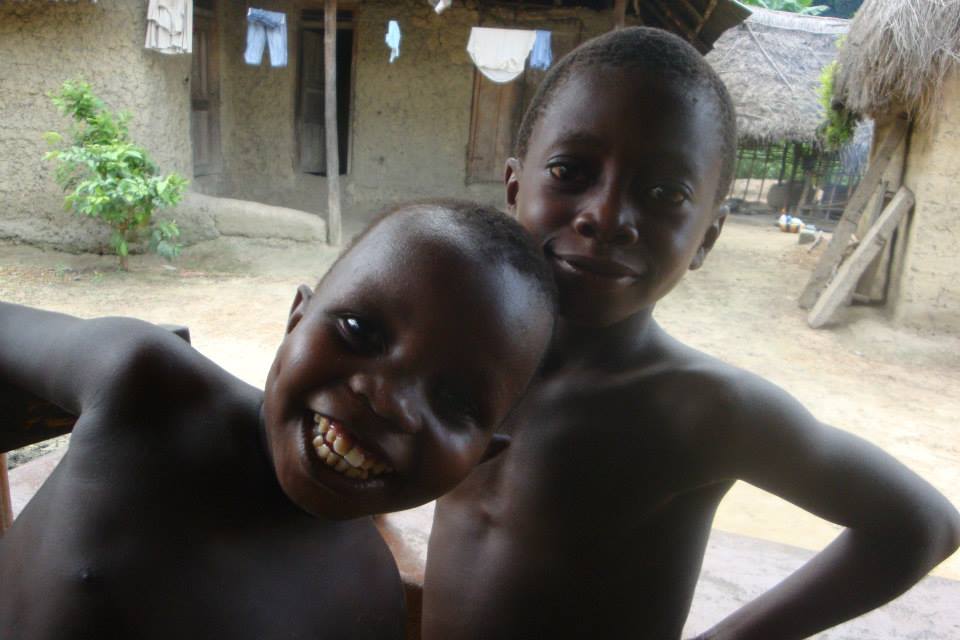B-Gifted supports women and children's rights, and our programs are geared towards ensuring that women and children stay at the center of development and are priotized.

The rights of women has been supported by the UN since the Organization's founding Charter was established. Article 1 of the UN Charter has the intention: “To achieve international co-operation in promoting and encouraging respect for human rights and for fundamental freedoms for all without distinction as to race, sex, language, or religion.”
Within the UN’s first year, the Economic and Social Council established its Commission on the Status of Women, as the principal global policy making body dedicated exclusively to gender equality and advancement of women. Among its earliest accomplishments was ensuring gender neutral language in the draft of the Universal Declaration of Human Rights
The landmark Declaration, adopted by the General Assembly on 10 December 1948, reaffirms that “All human beings are born free and equal in dignity and rights” and that “everyone is entitled to all the rights and freedoms set forth in this Declaration, without distinction of any kind, such as race, colour, sex, language, religion, … birth or other status.”
In the lead-up to the Millennium Development Goals (MDGs) Summit in September 2010, the Secretary-General launched a global effortconvening 40 key leaders to define a collective strategy for accelerating progress on women's and children's health.
"The fundamental transformation that took place in Beijing was the recognition of the need to shift the focus from women to the concept of gender, recognizing that the entire structure of society, and all relations between men and women within it, had to be re-evaluated. Only by such a fundamental restructuring of society and its institutions could women be fully empowered to take their rightful place as equal partners with men in all aspects of life. This change represented a strong reaffirmation that women's rights were human rights and that gender equality was an issue of universal concern, benefiting all."
In the aftermath of the Millennium Declaration of the September 2000 Millennium Summit, gender issues were integrated in many of the subsequent Millennium Development Goals (MDGs) — and explicitly in Goal No. 3 (“Promote gender equality and empower women”) and Goal No. 5 (“Reduce by three quarters the maternal mortality ratio”). The UN system is mobilized to meet these goals.

Through our efforts in Sierra Leone we are constantly leveraging the enormous power of sport soccer in education of youth on subjects of peace, reconciliation and anti-bullying. Sports for peace and post-Ebola recovering is further enabling young people to gain self-empowerment, recognize their talents and impact profoundly their lives and those of others in the communities
(1).jpg)
Our ‘Young peace players initiative, is a soccer and sports program that creates a safe and neutral space where young people can begin to form deep personal bonds and formulate enduring or lasting friendships.
.jpg)
Children and youth practice soccer in a make-shift soccer pitch of goal post made of sticks and wood in their own communities, where they learn teamwork, tolerance and trust. The program is providing children with the tools to be mentally and physically prepared and to courageously play with other children of different parts of the communities and country, from diverse backgrounds religions and ethnicities. They are put into mixed teams so that they do not compete clearly against each other, but are however able to compete together
The program also provides leadership training where youth in their teen years receive advanced soccer training as well as leadership training. They are encouraged to practice on integrated teams, volunteer as assistant coaches and lead several social action projects in the community, including working with special needs children and refurbishing soccer kits in disadvantaged communities.
The trainings further help enhance the capabilities of young people supported by intergroup facilitators, educators, and leaders. Through the program, B-Gifted is encouraging the young people to not only to be successful on the game of soccer and other outdoor sports like Volley ball and tennis but to embrace each other in union and reconciliation, healing and forgiveness and to mobilize the greater population towards building a culture of peace.
Through B-Gifted Soccer and Sports program, it is empowering young Sierra Leoneans to fully recognize their potentials, talents and abilities in full, through varied sports education and personal development.
Our sports program is building a new Sierra Leonean generation, one that is more aware of peace, education, sports and more empowered and self-aware of their potentials and roles in rebuilding a society that has been impacted by war and Ebola as well as socio-economic challenges.
B-Gifted is providing these sporting tools for Sierra Leonean young people to better equip them to be drivers of sustainable development and nation building and to huddle pass the challenges that stifle their growth and development of Sierra Leone.
B-Gifted’s sporting programs is a starting point to a long journey of creative and talent-driven programs that is serving as a catalyst for the promotion of social integration and personal development in different geographical, cultural and political contexts. The sports for peace programs have served as a powerful tool for strengthening and building the broken social ties that war and Ebola heaved upon the young and create a vibrant network for promoting ideals on peace, fraternity, solidarity, non-violence, tolerance and justice. Through these games and sports, B-Gifted is constantly adding on to its varied creative programs in creating an inclusive community via sports which amply provides relief, fun, friendship, building of self esteem and trust in a country where youth have faced simultaneous periods of hardship from war, Ebola and socio-economic challenges
|